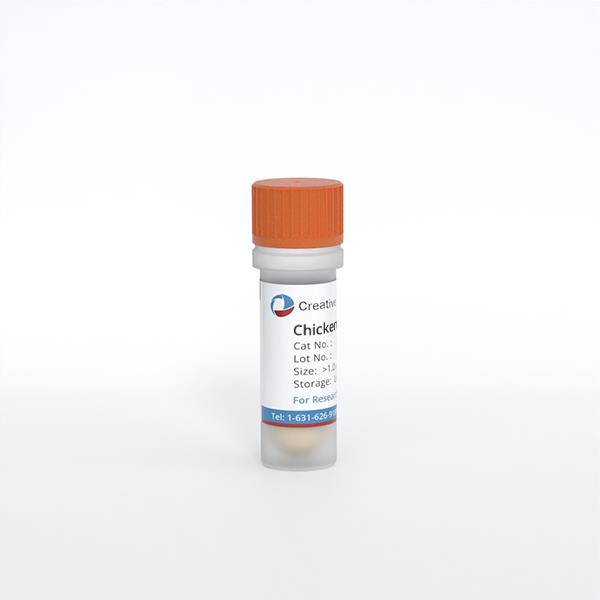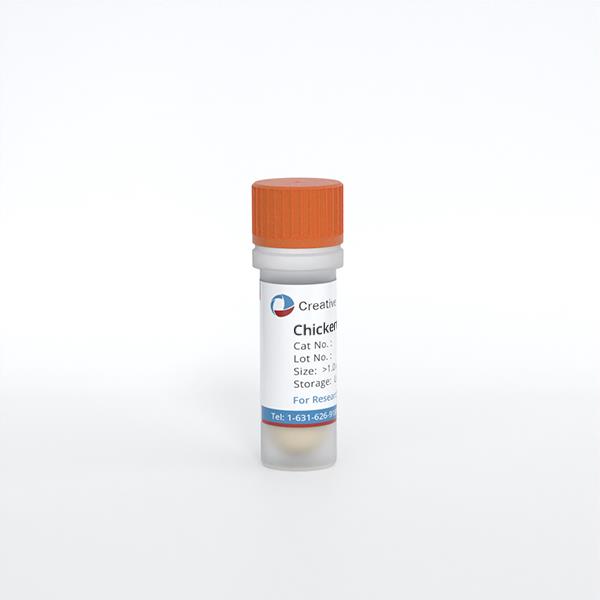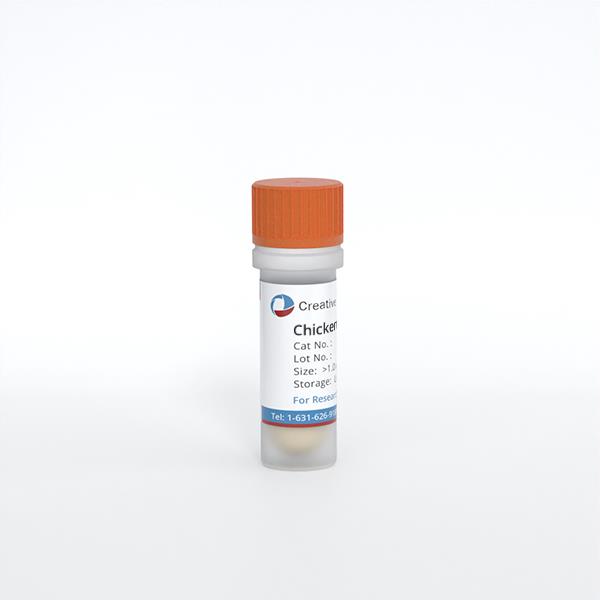Featured Products
Hot Products
ONLINE INQUIRY

Chicken Skeletal Muscle Cells
Cat.No.: CSC-C0525Z
Species: Chicken
Source: Skeletal Muscle
Morphology: Polygonal
Culture Properties: Adherent
Cell Type: Skeletal Muscle Cell
- Specification
- Q & A
- Customer Review
Cat.No.
CSC-C0525Z
Description
Chicken Skeletal Muscle Muscle cells from Creative Bioarray are isolated from chicken tissue. Prior to shipping, cells at passage 2 are detached from flasks and immediately cryopreserved in vials. Each vial contains at least 0.5×10^6 cells per ml. The method we use to isolate Chicken Skeletal Muscle Cells was developed based on a combination of established and our proprietary methods.
Species
Chicken
Source
Skeletal Muscle
Culture Properties
Adherent
Morphology
Polygonal
Applications
For Research Use Only
Cell Type
Skeletal Muscle Cell
Disease
Normal
Shipping
Dry Ice.
Storage and Shipping
Directly and immediately transfer cells from dry ice to liquid nitrogen upon receiving and keep the cells in liquid nitrogen until cell culture needed for experiments.
Note: Never can cells be kept at -20°C.
Note: Never can cells be kept at -20°C.
Citation Guidance
If you use this products in your scientific publication, it should be cited in the publication as: Creative Bioarray cat no. If your paper has been published, please click here to submit the PubMed ID of your paper to get a coupon.
Ask a Question
Write your own review
Related Products



